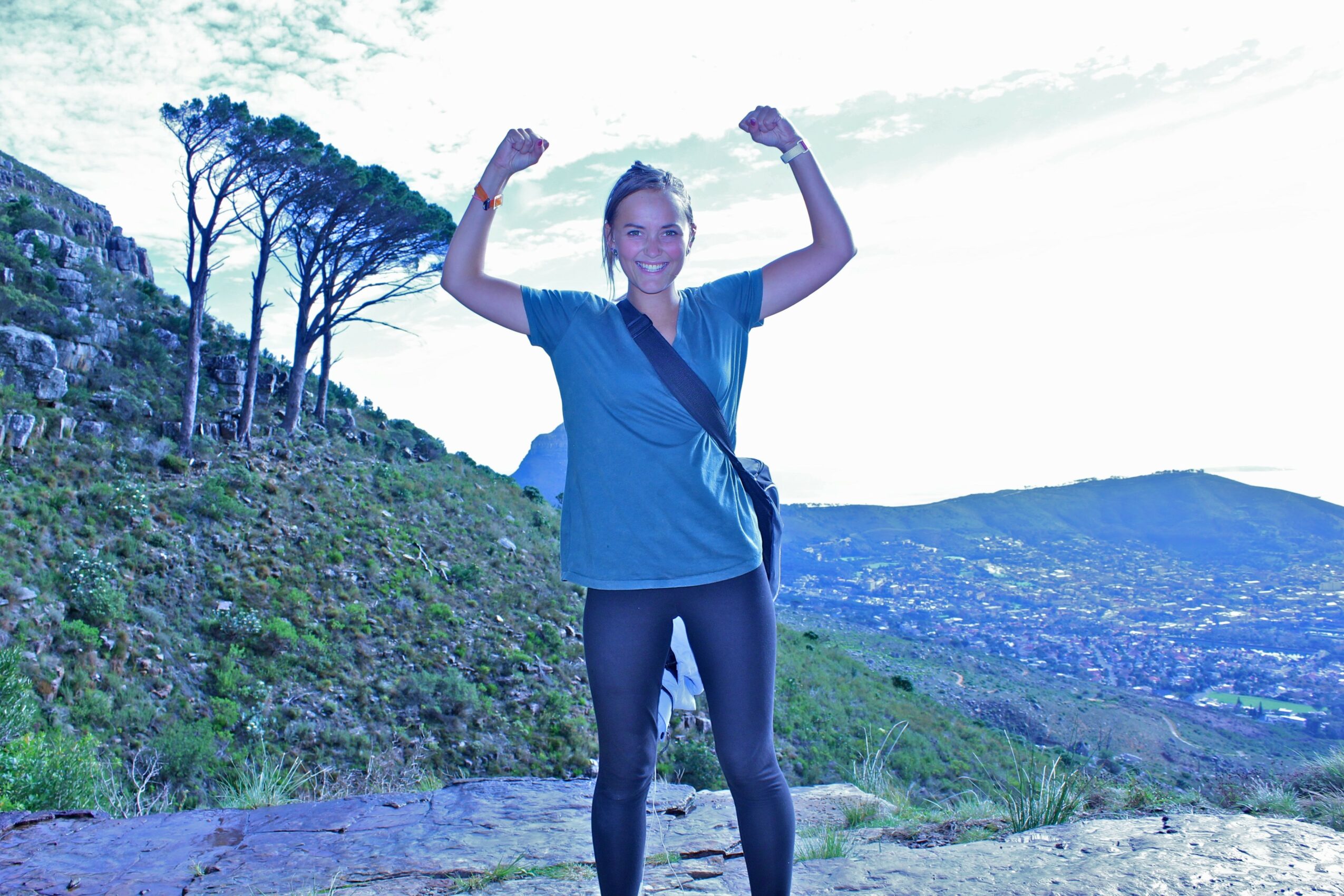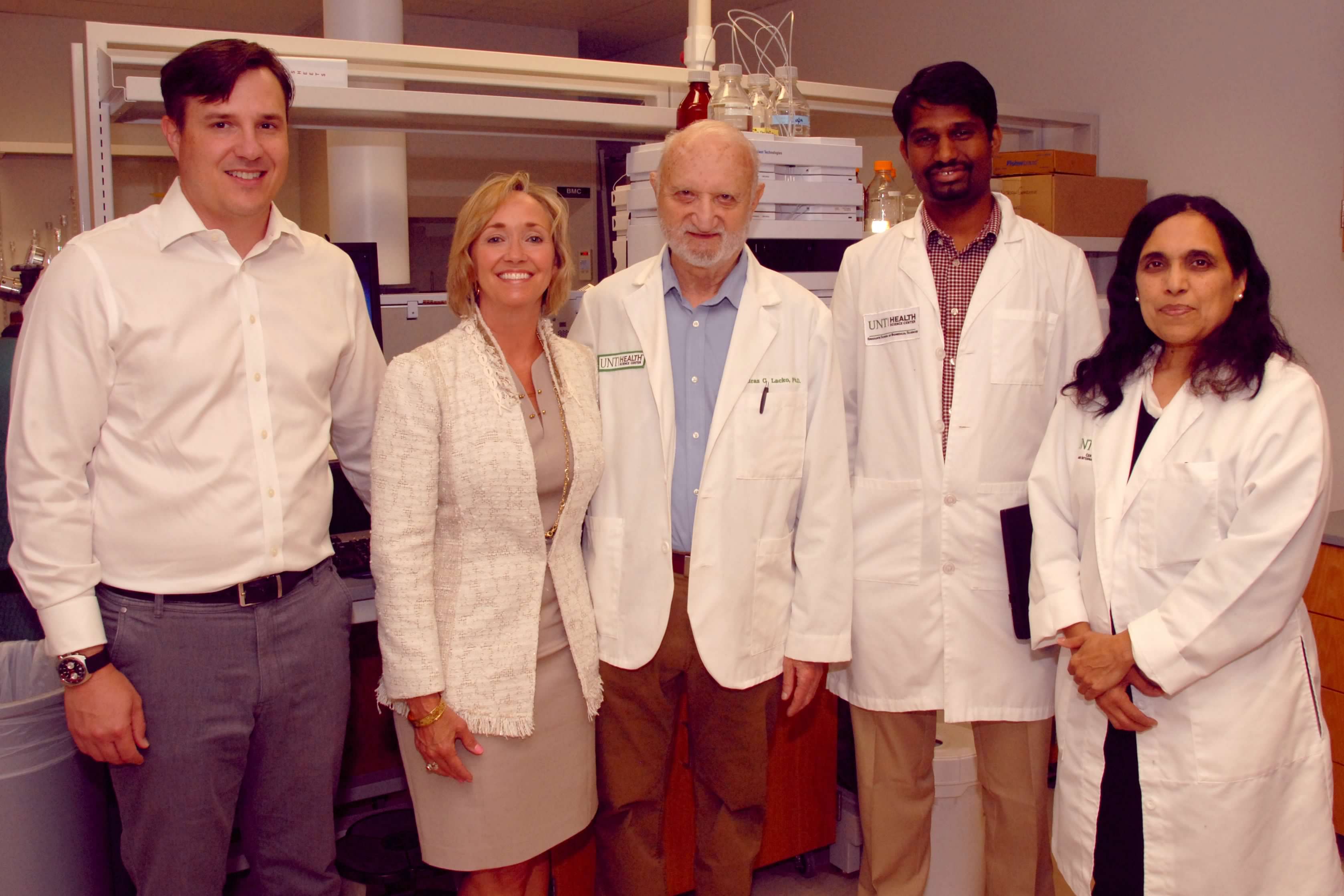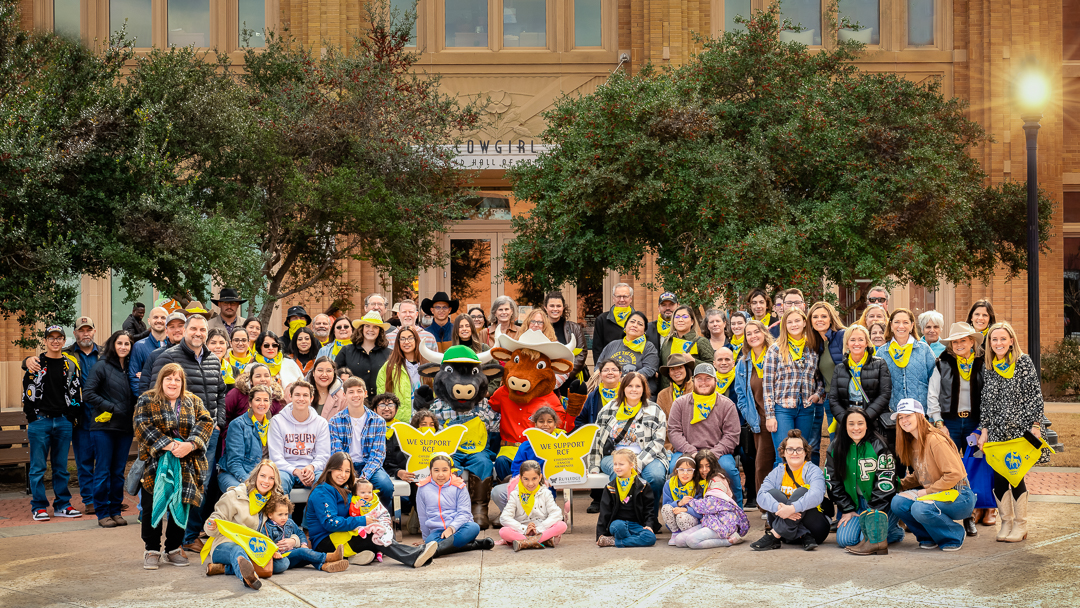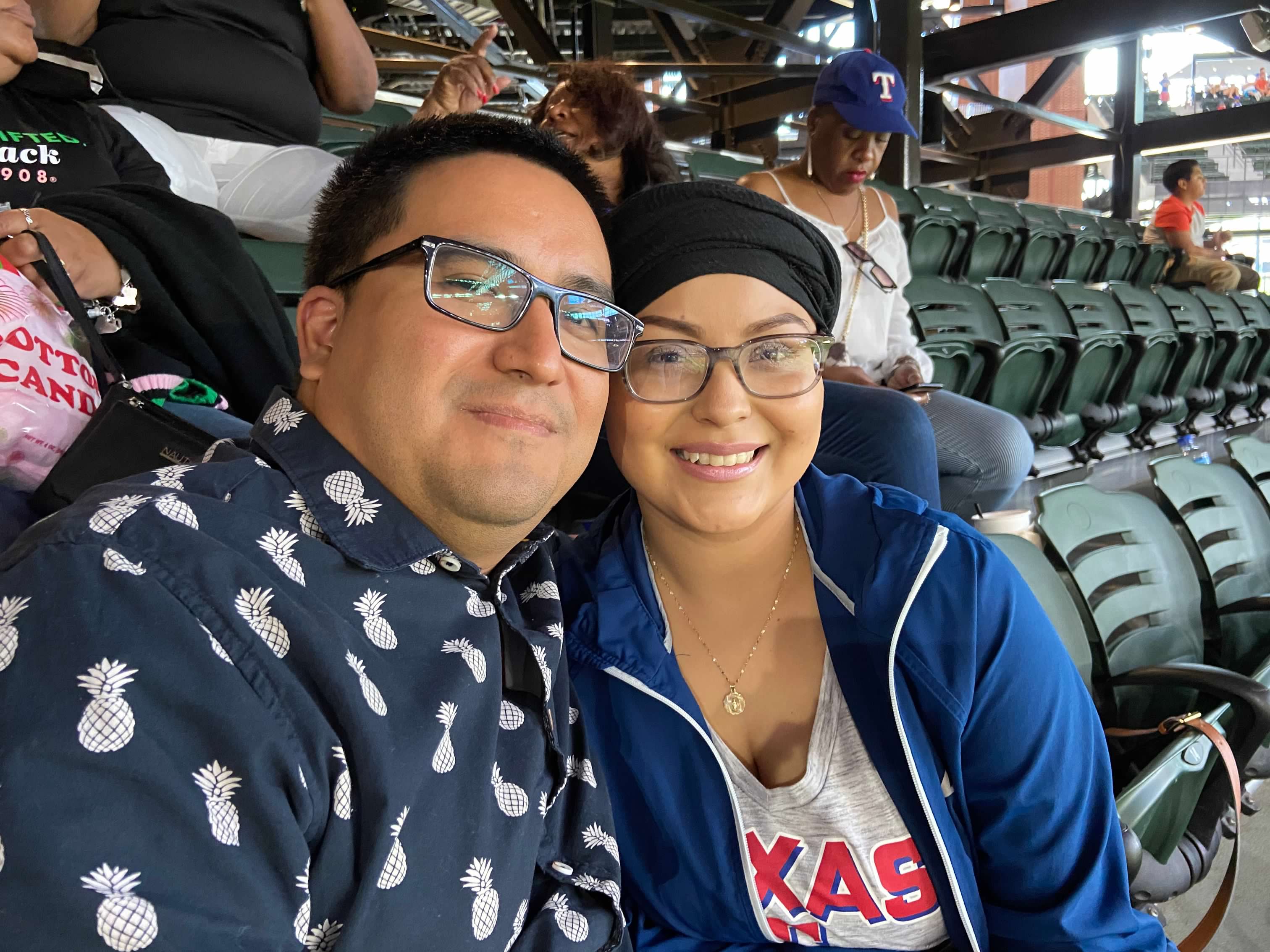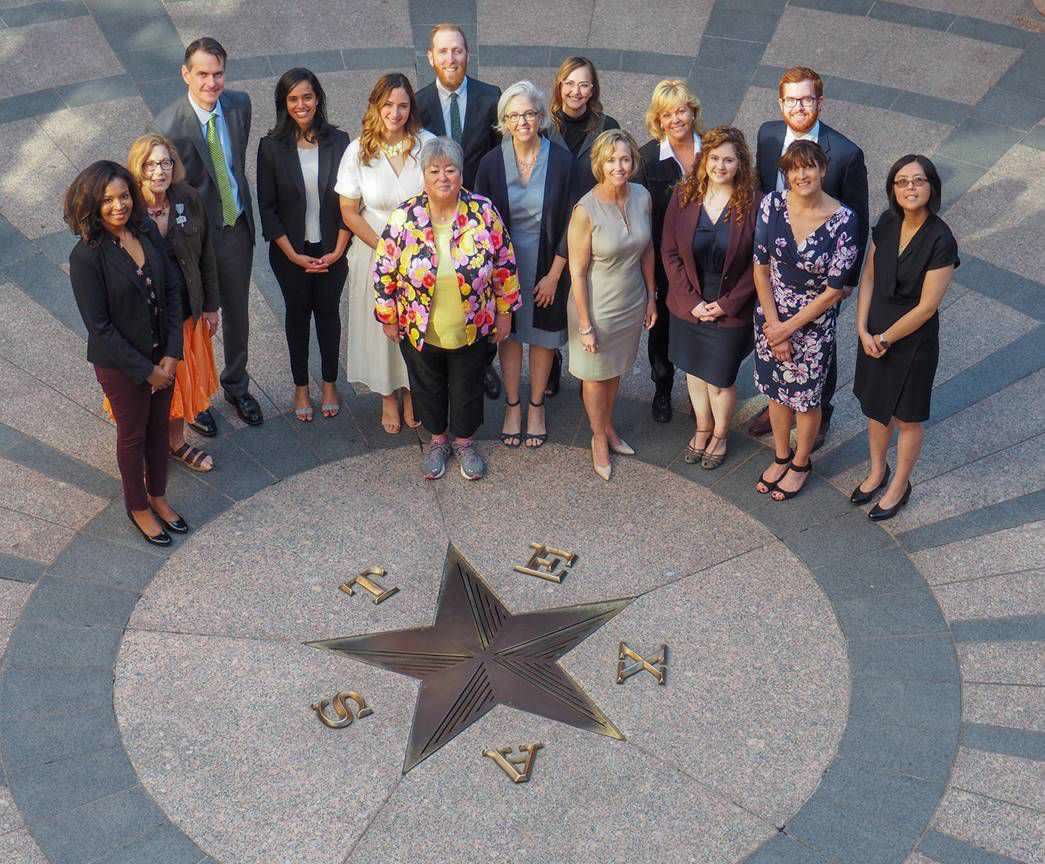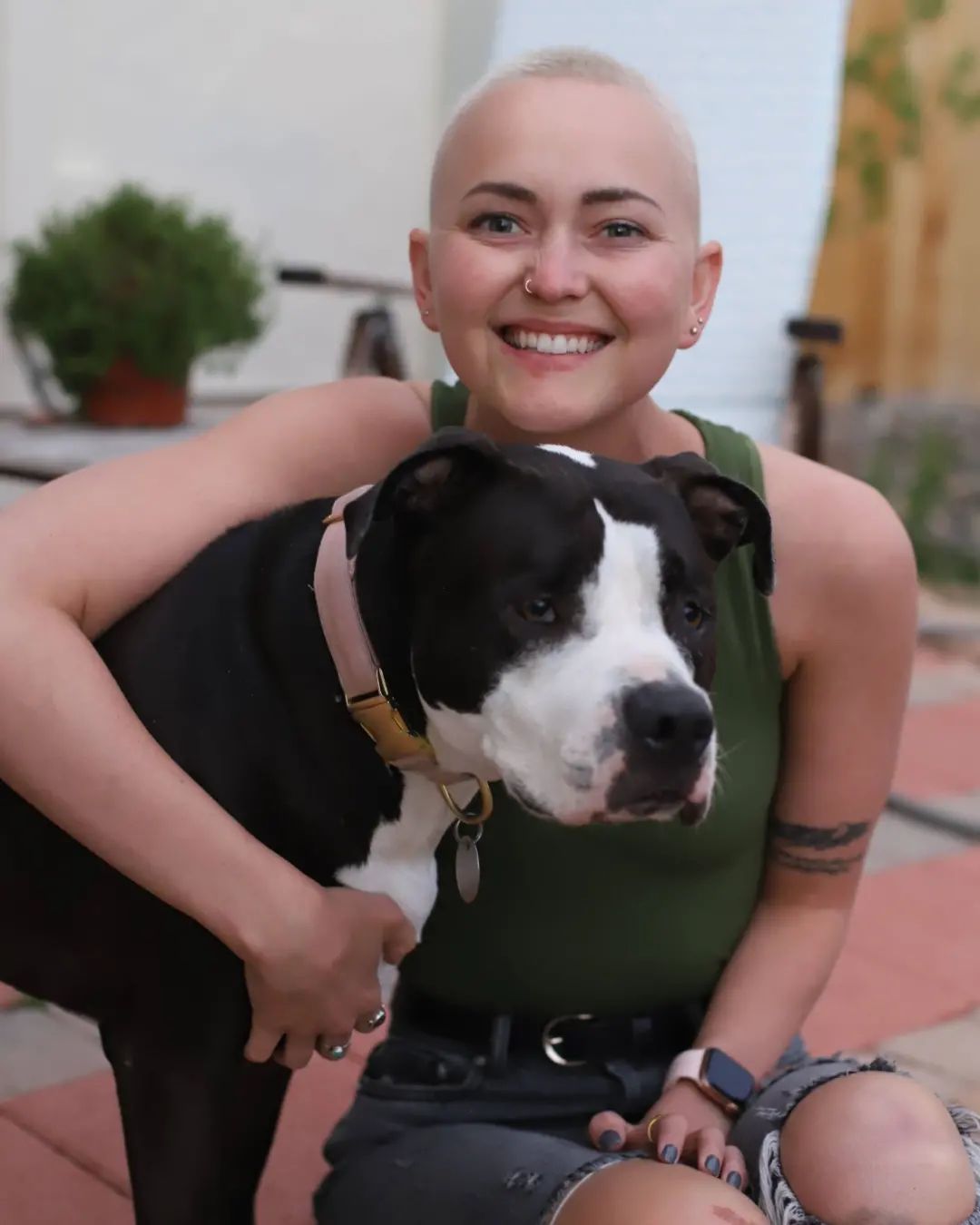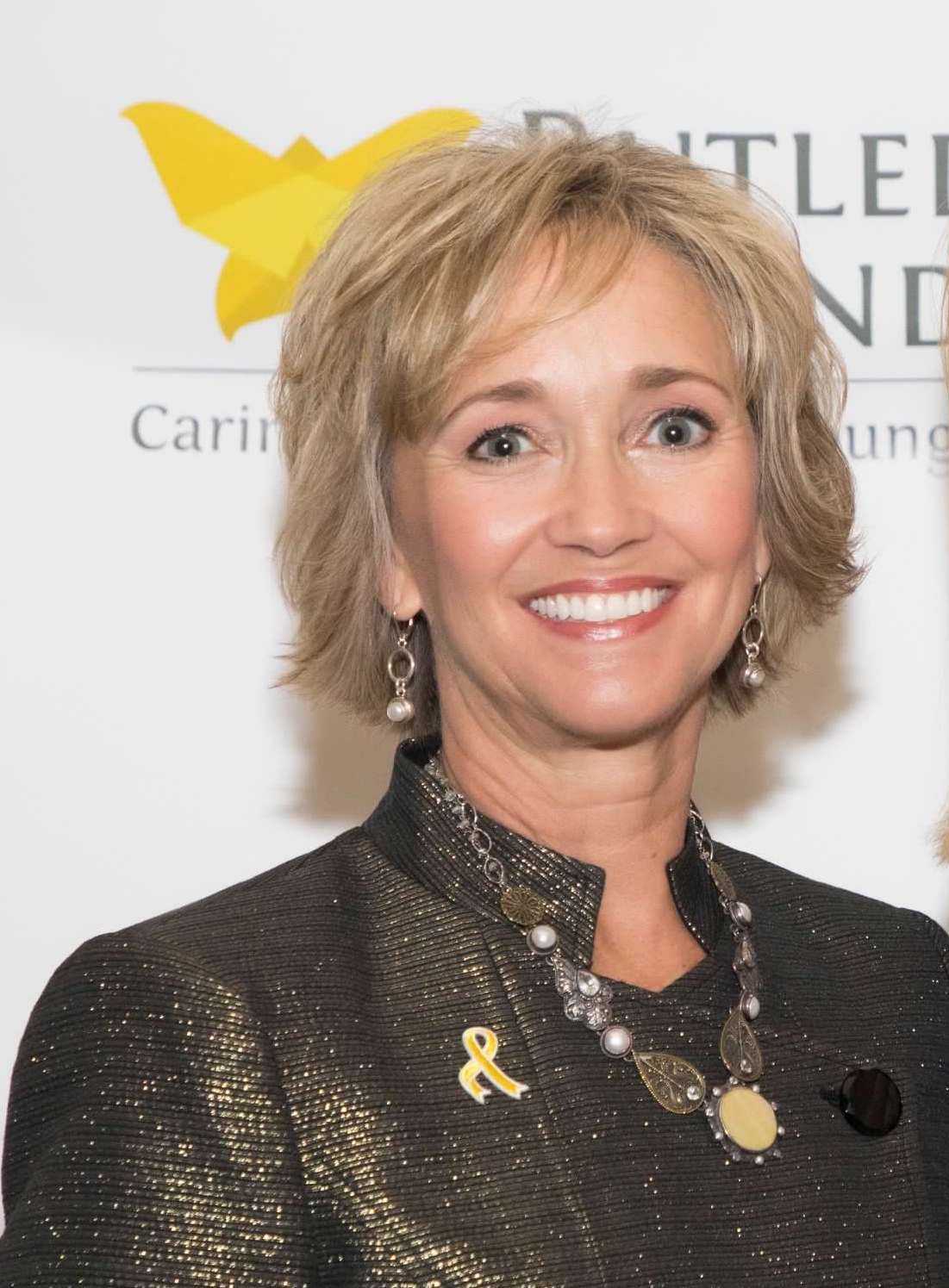

Today we’d like to introduce you to Laura Rutledge
Hi Laura, please kick things off for us with an introduction to yourself and your story.
Our family and friends formed Rutledge Cancer Foundation (RCF) in 2011 after their 15-year-old Carley Rutledge was diagnosed with stage IV Ewing sarcoma, a rare and aggressive bone cancer. After a relapse in 2012, Carley participated in a cutting-edge vaccine trial that put her cancer in remission for eight years, allowing her to live life to the utmost. Tragically, her cancer returned in 2020, taking her young life at 27.
From the beginning of Carley’s battle with cancer, we were shocked to learn that little progress in treatment options and survival rates for Ewing sarcoma had been made in more than 40 years. Sadly, only 4 percent of the National Institute of Health’s research budget is focused on adolescent and young adult cancers.
In addition to a lack of research, we also discovered that adolescents and young adults (AYA) with cancer have a unique set of needs that aren’t being met in either pediatric or adult hospitals. Whether they’re continuing their education, building their careers or starting families, these patients weren’t getting the support they so desperately needed.
It was Carley’s determination and passion to find solutions to these unmet needs that has defined our mission to ease the impact of cancer on the lives of AYA patients to raise survival rates and find a cure for sarcomas and other solid tumor cancers.
Carley’s legacy continues to live on today through everything that we do.
I’m sure it wasn’t obstacle-free, but would you say the journey has been fairly smooth so far?
No cancer diagnosis is ever ‘smooth’ but when you are a teen or young adult like our daughter Carley was, the journey has many unique challenges. It was these unique challenges that fueled our passion to found Rutledge Cancer Foundation.
Throughout Carley’s journey, we discovered that there was no other organization addressing the issues that this population of cancer patients was facing.
There’s the challenge of feeling like you don’t fit in at a pediatric or an adult treatment facility which can be isolating and overwhelming. The lack of awareness, research funding and treatment options was shocking. It was also shocking to learn that there are over 90,000 teens and young adults diagnosed with cancer ever year in the U.S.
Even within the medical community, physicians often weren’t seeing a cancer diagnosis as a possibility for an otherwise healthy young adult. This leads to late diagnoses which can have significant effects on availability of treatment options and cure rates. If they do survive, there will be life-long consequences of undergoing chemotherapy and radiation. Infertility, thyroid problems, vision and hearing loss, depression, amputation, and latent heart problems are a few of the common conditions they face.
As we continued to identify all of the challenges teens and young adults with cancer were facing, we realized we couldn’t just sit by and not do anything.
When we decided to move forward with founding Rutledge Cancer Foundation, we were essentially starting from ground zero. We used our own personal experiences to develop our mission and pinpoint specific programs and research we were going to support.
While it’s been an exciting and rewarding experience, there have definitely been moments when it’s felt overwhelming and frustrating at how slow the progress can feel when working towards finding better, less toxic treatment options. It’s times like those that I call on Carley’s passion and relentless positivity to keep me moving forward.
We’ve been impressed with Rutledge Cancer Foundation , but for folks who might not be as familiar, what can you share with them about what you do and what sets you apart from others?
Rutledge Cancer Foundation funds patient programs and events that address unmet emotional and physical needs of teens and young adults with cancer, works to raise awareness about early detection and supports research for less toxic, personalized cancer therapies.
We are proud to be the first organization in Texas to specifically serve the unique needs of the AYA cancer population. Loss of fertility is one of those needs as it can be a significant side-effect of cancer treatment for patients diagnosed during their productive years.
To help solve this problem, we became the first organization to develop a collaborative, community-based fertility preservation program which provides patients with fertility preservation education, care coordination, and financial assistance for patients who qualify. Rutledge Cancer Foundation, Carley’s personal testimony specifically, was instrumental in getting the Family Preservation Act passed in Texas in 2023 which requires insurance policies to cover fertility preservation.
The research projects we fund are also unique in that they focus specifically on less-toxic, precision-based immunotherapy for sarcomas and other solid tumors. We also focus on forming collaborative relationships by helping to break down the silos between research institutions that are all working towards the same goal: more effective and less toxic treatments and eventually a cure for these rare forms of cancer.
Since 2011, The Rutledge Cancer Foundation has:
● Funded more than $3 million in adolescent cancer research and programs.
● Served more than 16,000 patients in Texas through a variety of programs.
● Collaborated with 13 medical cancers across Texas and the United States to develop patient programs and/or fund
research projects or clinical trials
● Helped more than 300 patients to preserve their fertility.
● Supported eight research projects and five clinical trials, including five current projects.
We all have a different way of looking at and defining success. How do you define success?
Having been at this for over 13 years, we define success in a variety of ways.
From seeing the smiling faces of patients and their families enjoying a Ranger game or experiencing their first time at the Rodeo to being a part of five clinical trials for new possible drugs and passing the Family Preservation Act which requires private insurance companies to cover fertility preservation. Each of these support our mission and inspire us to keep going.
Other wins include founding the first-ever community-based collaborative Fertility Preservation program in Tarrant County and then working with MD Anderson to use our program as a model to build their own program.
Simply creating awareness among our community that teens and young adults can get cancer may seem small but it has far reaching implications that allow us to raise additional funds to fuel our mission and help early detection.
Our ultimate success will be to find a cure for sarcoma cancers, and to witness teens and young adults receive age sensitive care, less toxic, curative cancer treatments that lead to happy and healthy futures.
Contact Info:
- Website: https://rutledgecancerfoundation.org/
- Instagram: https://www.instagram.com/rutledgecancer/
- Facebook: https://www.facebook.com/RutledgeCancer/
- Youtube: https://www.youtube.com/@RutledgeCancer
